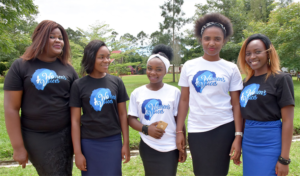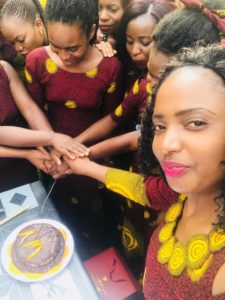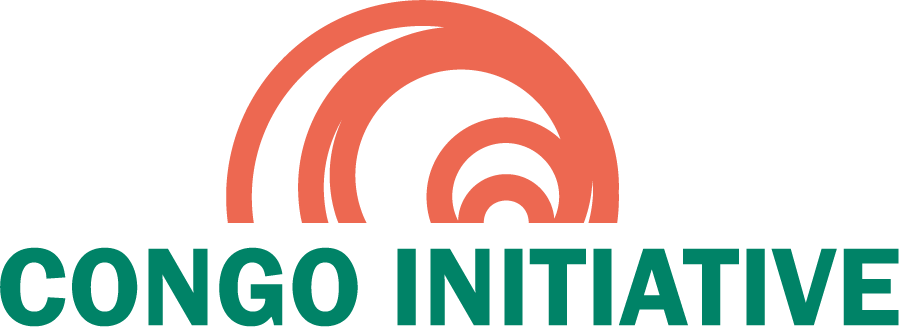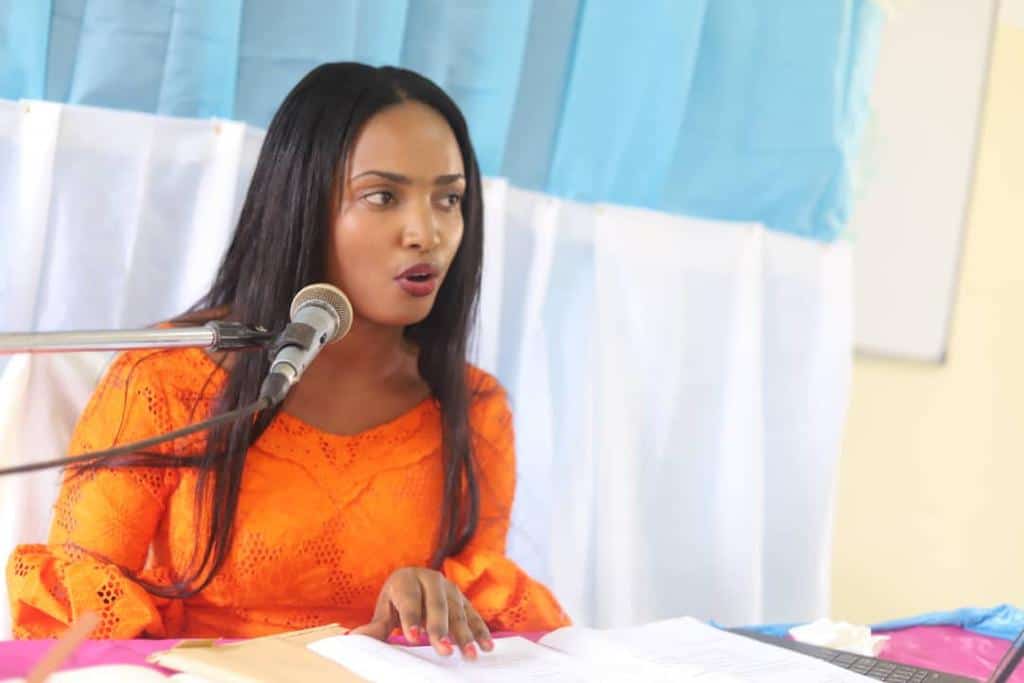 “Our lack of self-esteem.” This is what one former Women’s Voices leader, Asha Kisitu (‘19), says is the greatest obstacle to her women peers at UCBC seeking to grow in leadership and influence. Unjust structures, cultural norms, toxic masculinity, and outright oppression are not simply threats and obstacles to women’s achievement and flourishing, they have also resulted in an inferiority complex for many.
“Our lack of self-esteem.” This is what one former Women’s Voices leader, Asha Kisitu (‘19), says is the greatest obstacle to her women peers at UCBC seeking to grow in leadership and influence. Unjust structures, cultural norms, toxic masculinity, and outright oppression are not simply threats and obstacles to women’s achievement and flourishing, they have also resulted in an inferiority complex for many.
According to Asha, the lack of confidence and courage to take risks are the major factors holding today’s young educated women back from rising into decision-making roles. So how did she overcome this hurdle, becoming a leading voice on UCBC campus and now in her work with a major international medical NGO in Goma?
First of all, Asha overcame her fears. Working for an international organization was her dream, but she didn’t know where to begin. As she began her university studies, she was overwhelmed at times with school requirements, discouraged by her lack of professional experience in project management, and the lack of personal connections at these organizations to recommend her for such a role.
 However, what she found at UCBC was a team of people willing to support her. The faculty in the economics department recommended her for several internships during her time as a student, which provided her with professional experience. Women’s Voices staff advisors coached her through the application process and encouraged her to apply for positions. Finally, a UCBC alum who now works in IT and volunteers in the Women’s Voices mentoring program, helped expand her computer skills.
However, what she found at UCBC was a team of people willing to support her. The faculty in the economics department recommended her for several internships during her time as a student, which provided her with professional experience. Women’s Voices staff advisors coached her through the application process and encouraged her to apply for positions. Finally, a UCBC alum who now works in IT and volunteers in the Women’s Voices mentoring program, helped expand her computer skills.
But perhaps more important than professional development opportunities and skills, Asha gained a new mindset at UCBC. “I learned that failures are not something to be ashamed of, but to learn from,” she explained. That confidence and courage were modeled, not instructed. It made the difference for Asha, compelling her to take a risk. Now, less than a year after graduating from UCBC, she is succeeding in her role as a member of a monitoring and evaluation team that ensures excellent program delivery for her organization’s Ebola response and community development work.
UCBC is a community where young people, men, and women alike, are called to greatness. The entire CI community was founded by visionary leaders who took the risk of pursuing a dream of transformation in war-torn eastern Congo and invited young people to lead the movement. This movement has known setbacks and even failures. Students are not blind to this reality. But at UCBC, everyone is called to transform these challenges into opportunities.
 The challenges emerging women leaders face are distinctive though. So at UCBC, special attention is given to encouraging women like Asha. When public speaking is intimidating, facilitators of academic presentations invite female students to ask questions and applaud them when they do. In a society where formal conferences are dominated by men, male staff and students enthusiastically support women at events like the annual Women’s Voices conference. And, when women staff and students organized an 8-month mentorship program to improve their skills and competencies for professional growth, the Rector himself handed out certificates of completion.
The challenges emerging women leaders face are distinctive though. So at UCBC, special attention is given to encouraging women like Asha. When public speaking is intimidating, facilitators of academic presentations invite female students to ask questions and applaud them when they do. In a society where formal conferences are dominated by men, male staff and students enthusiastically support women at events like the annual Women’s Voices conference. And, when women staff and students organized an 8-month mentorship program to improve their skills and competencies for professional growth, the Rector himself handed out certificates of completion.
Not only do young women at UCBC receive this kind of support from staff and fellow students on campus, but the visible leadership of women is also inspiring and encouraging other women in the area. Two other institutions have also elected a female student body president, after the election of UCBC’s own Aimée Mapenzi. Our women’s basketball team won a highly attended local tournament and were congratulated by the Mayor of Beni. This growing movement of men and women celebrating women’s efforts and achievements in these spheres of influence is a testament to changing attitudes about what women can do and where they can lead.
Like the rest of the world, we are learning together about what gender equality means and how we all play a part in achieving it. For many women in Congo, just getting to study at a university seems like an impossible dream. But what we have learned at UCBC is that just providing education isn’t enough to support women’s equal access to jobs, influence, and achievement of their dreams. They also need to know that their community will support them enough to take risks required for growth. Both men and women are necessary to make this happen.


Congratulations to Leaders of this team. This team educated me many thinks and it helped me to speak in public, to know who I am. I like the gaols of this team. God bless you